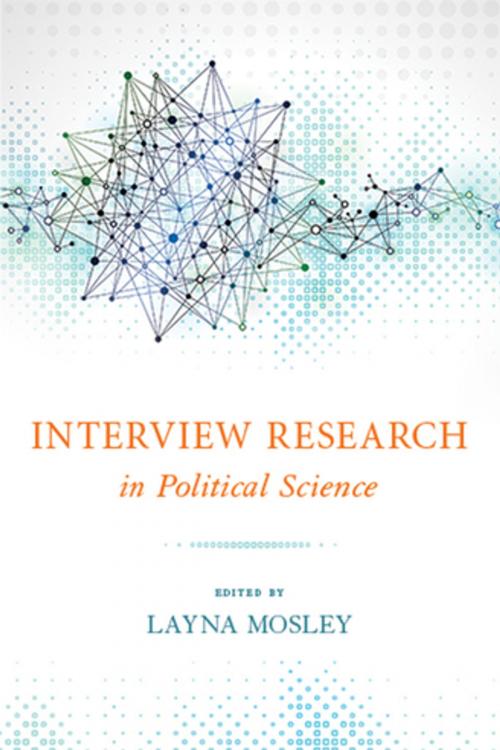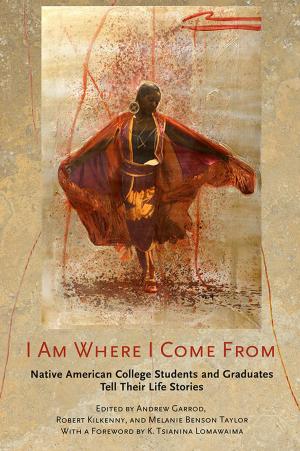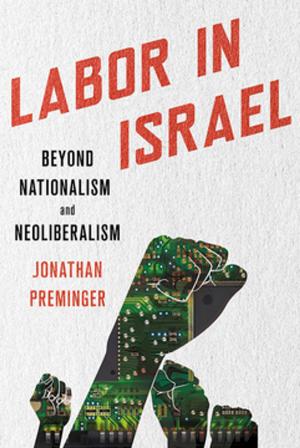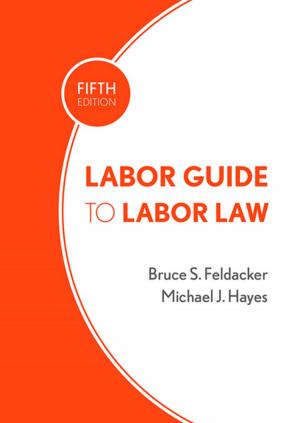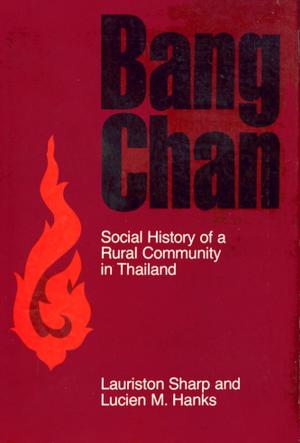Interview Research in Political Science
Nonfiction, Social & Cultural Studies, Political Science, Politics, History & Theory| Author: | ISBN: | 9780801467967 | |
| Publisher: | Cornell University Press | Publication: | December 15, 2009 |
| Imprint: | Cornell University Press | Language: | English |
| Author: | |
| ISBN: | 9780801467967 |
| Publisher: | Cornell University Press |
| Publication: | December 15, 2009 |
| Imprint: | Cornell University Press |
| Language: | English |
Interviews are a frequent and important part of empirical research in political science, but graduate programs rarely offer discipline-specific training in selecting interviewees, conducting interviews, and using the data thus collected. Interview Research in Political Science addresses this vital need, offering hard-won advice for both graduate students and faculty members. The contributors to this book have worked in a variety of field locations and settings and have interviewed a wide array of informants, from government officials to members of rebel movements and victims of wartime violence, from lobbyists and corporate executives to workers and trade unionists.The authors encourage scholars from all subfields of political science to use interviews in their research, and they provide a set of lessons and tools for doing so. The book addresses how to construct a sample of interviewees; how to collect and report interview data; and how to address ethical considerations and the Institutional Review Board process. Other chapters discuss how to link interview-based evidence with causal claims; how to use proxy interviews or an interpreter to improve access; and how to structure interview questions. A useful appendix contains examples of consent documents, semistructured interview prompts, and interview protocols.Contributors: Frank R. Baumgartner, The University of North Carolina at Chapel Hill; Matthew N. Beckmann, University of California, Irvine; Jeffrey M. Berry, Tufts University; Erik Bleich, Middlebury College; Sarah M. Brooks, The Ohio State University; Melani Cammett, Brown University; Lee Ann Fujii, University of Toronto; Mary Gallagher, University of Michigan; Richard L. Hall, University of Michigan; Marie Hojnacki, Pennsylvania State University; David C. Kimball, University of Missouri, St. Louis; Beth L. Leech, Rutgers, the State University of New Jersey; Julia F. Lynch, University of Pennsylvania; Cathie Jo Martin, Boston University; Lauren Maclean, Indiana University; Layna Mosley, The University of North Carolina at Chapel Hill; Robert Pekkanen, University of Washington; William Reno, Northwestern University; Reuel R. Rogers, Northwestern University
Interviews are a frequent and important part of empirical research in political science, but graduate programs rarely offer discipline-specific training in selecting interviewees, conducting interviews, and using the data thus collected. Interview Research in Political Science addresses this vital need, offering hard-won advice for both graduate students and faculty members. The contributors to this book have worked in a variety of field locations and settings and have interviewed a wide array of informants, from government officials to members of rebel movements and victims of wartime violence, from lobbyists and corporate executives to workers and trade unionists.The authors encourage scholars from all subfields of political science to use interviews in their research, and they provide a set of lessons and tools for doing so. The book addresses how to construct a sample of interviewees; how to collect and report interview data; and how to address ethical considerations and the Institutional Review Board process. Other chapters discuss how to link interview-based evidence with causal claims; how to use proxy interviews or an interpreter to improve access; and how to structure interview questions. A useful appendix contains examples of consent documents, semistructured interview prompts, and interview protocols.Contributors: Frank R. Baumgartner, The University of North Carolina at Chapel Hill; Matthew N. Beckmann, University of California, Irvine; Jeffrey M. Berry, Tufts University; Erik Bleich, Middlebury College; Sarah M. Brooks, The Ohio State University; Melani Cammett, Brown University; Lee Ann Fujii, University of Toronto; Mary Gallagher, University of Michigan; Richard L. Hall, University of Michigan; Marie Hojnacki, Pennsylvania State University; David C. Kimball, University of Missouri, St. Louis; Beth L. Leech, Rutgers, the State University of New Jersey; Julia F. Lynch, University of Pennsylvania; Cathie Jo Martin, Boston University; Lauren Maclean, Indiana University; Layna Mosley, The University of North Carolina at Chapel Hill; Robert Pekkanen, University of Washington; William Reno, Northwestern University; Reuel R. Rogers, Northwestern University
